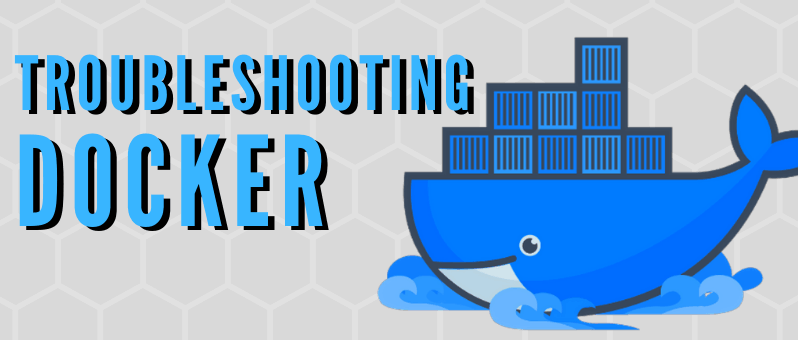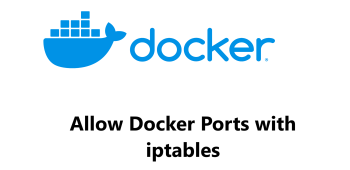Are you trying to resolve docker error while loading shared libraries?
This guide is for you.
Generally, Docker error while loading shared libraries happens in the process of building a docker image.
Here at Ibmi Media, as part of our Server Management Services, we regularly help our Customers to fix Docker related errors.
In this context, we shall look into how to resolve this Docker error.
How to get rid of the error 'Docker error while loading shared libraries' ?
To fix this error, apply the tip given below.
One of our customers came across this error message while building a docker image.
He was using the COPY command to copy a local file from the host into my container.
After building the image, he ran an interactive shell to test the file.
Also, he placed a "software" directory under the Dockerfile directory which has XYZ executable. But after entering the container built by the image and running the executable, he ran into the below error message:
root@server:/bin# ./xyz ./xyz: error while loading shared libraries: libxyz.so.3: cannot open shared object file: No such file or directoryOne checking, we found that here, the error tells that the customer has copied over the executable, but it has dependencies on various libraries (including libxyz.so.3) that aren't in the container.
So, we suggested the below to resolve this error message.
i. Add the dependencies to the container.
ii. By running ldd tool on executable, we can find which dependencies it requires.
iii. Either can copy the libraries directly into the container as done with the executable.
iv. Or find which package the dependencies are from and install with apt-get.
Or
v . recompile the executable so that it is statically linked.
[Need any further assistance in fixing Docker errors? – We're available to help you. ]
Conclusion
This article covers how to fix docker #error while loading shared libraries which happens in the process of building a docker image.
The docker run command creates a container from a given image and starts the container using a given command. It is one of the first commands you should become familiar with when starting to work with #Docker.
Docker containers make it easy to put new versions of software, with new business features, into production quickly—and to quickly roll back to a previous version if you need to.
They also make it easier to implement strategies like blue/green deployments.
To stop all running containers:
1. kill all running #containers with docker kill $(docker ps -q)
2. delete all stopped containers with docker rm $(docker ps -a -q)
3. delete all images with docker rmi $(docker images -q)
4. update and stop a container that is in a crash-loop with docker update --restart=no && docker stop.
This article covers how to fix docker #error while loading shared libraries which happens in the process of building a docker image.
The docker run command creates a container from a given image and starts the container using a given command. It is one of the first commands you should become familiar with when starting to work with #Docker.
Docker containers make it easy to put new versions of software, with new business features, into production quickly—and to quickly roll back to a previous version if you need to.
They also make it easier to implement strategies like blue/green deployments.
To stop all running containers:
1. kill all running #containers with docker kill $(docker ps -q)
2. delete all stopped containers with docker rm $(docker ps -a -q)
3. delete all images with docker rmi $(docker images -q)
4. update and stop a container that is in a crash-loop with docker update --restart=no && docker stop.












